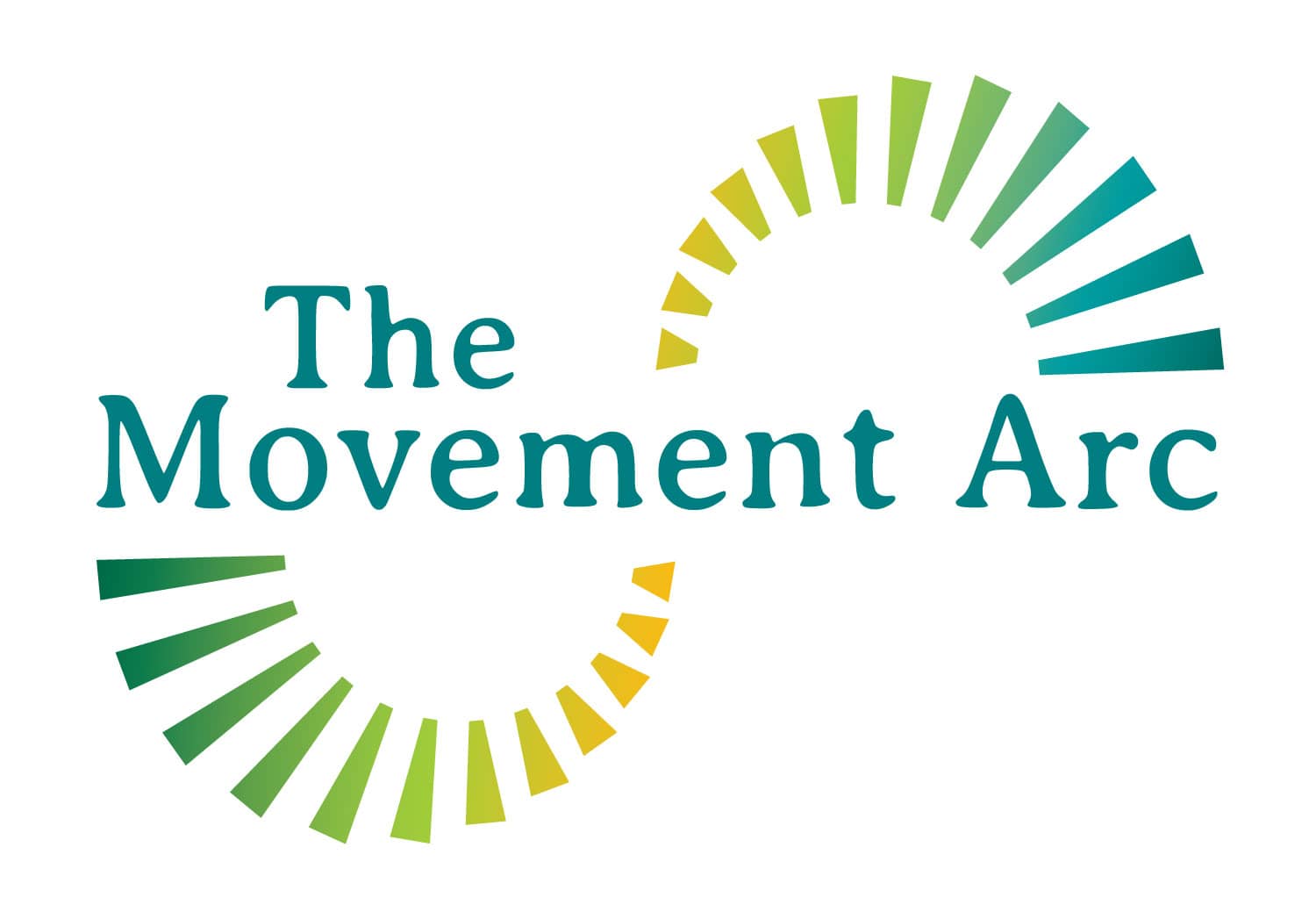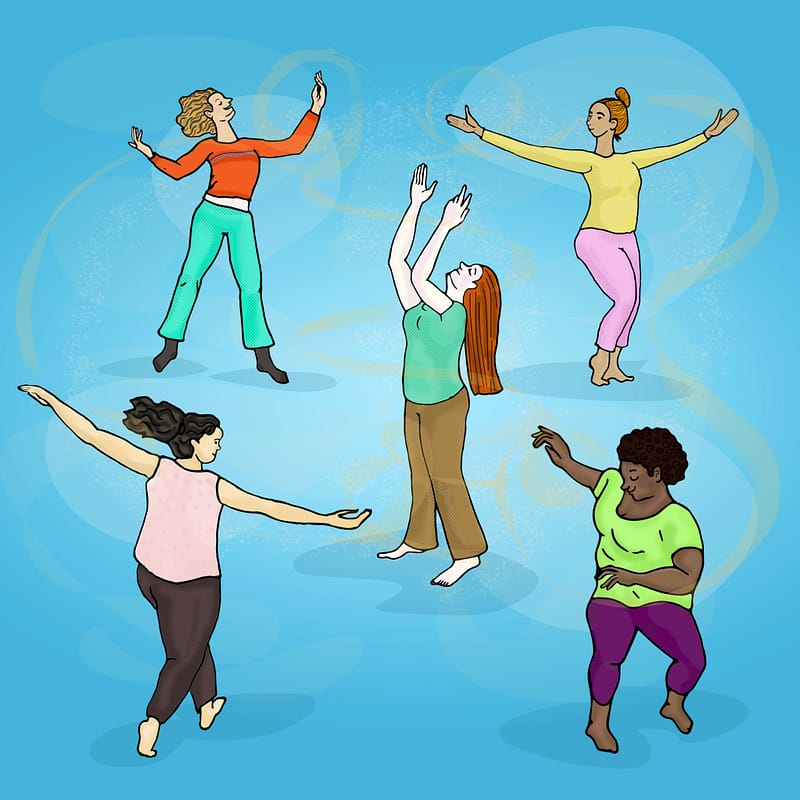Foundations of Expressive Movement Facilitation provides an introductory overview of the field of somatics along with some of the key principles and modalities within the EMF method, including introducing Laban/Bartenieff Movement Studies as a guiding movement experiencing and observation framework. Classes also introduce being Trauma-Informed and culturally aware and privilege/power self-reflecting as one engages in the work of somatic movement facilitation. In this first course, we also learn about the value and process of embodiment through connecting with yourself and others through expressive movement, embodiment practices and creative processes. We begin to explore what it is to facilitate movement that is authentic, truthful, spontaneous, expressive and that meets a wide variety of human needs through the whole life span.
Learning Objectives for this course:
Through movement experientials (groups, partners, individual), inclusion of writing/art, discussion and reflection, students will:
1) Learn about somatic work and the history of the field, and understand a somatic perspective guiding the EMF style of movement facilitation.
2) Define “Expressive Movement Facilitation” (EMF) and understand its foundational principles and process, including foregrounding an ‘inner to outer’ experience.
3) Understand EMF’s “7 Stage Process” for movement facilitation.
4) Begin to experience and develop skills in somatic and expressive movement experientials; including awakening body awareness and body connectivity, and incorporating playful creative movement to support self-expression.
5) Develop awareness and understanding of diversity, inclusion, cultural sensitivity and power/ privilege for being an accessible and equitable expressive movement educator/facilitator.
6) Begin to develop awareness and understanding of “Trauma-Informed Practice” and its importance for expressive movement education/facilitation.
7) Be introduced to “Laban Bartenieff Movement Studies”.


